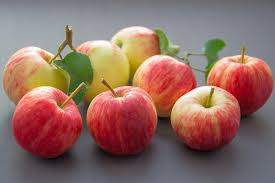
Thus, although lot is singular in a lot of people, the verb that follows is not singular. In this case the word people acts as the head noun and, being plural, ensures that the following verb is also plural: a lot of people were assembled (not a lot of people was assembled). See also number. Verbs are the action words in a sentence that describe what the subject is doing. Along with nouns, verbs are the main part of a sentence or phrase, telling a story about what is taking place. In fact, without a verb, full thoughts can’t be properly conveyed, and even the simplest sentences, such as Maria sings, have one. Inflections of 'lot' (v): (⇒ conjugate) lots v 3rd person singular lotting v pres p verb, present participle: -ing verb used descriptively or to form progressive verb-for example, 'a singing bird,' 'It is singing.' Lotted v past verb, past simple: Past tense-for example, 'He saw the man.' Lotted v past p verb, past participle: Verb form used descriptively or to form verbs. Lots, a lot, plenty with a noun When we use lots, a lot or plenty with a noun, we need of: I’ve got lots of plans for today. There’ll be a lot of your friends there. Verb -lots, -lotting or -lotted (tr) to assign or distribute (shares, etc) to designate for a particular purpose money was allotted to cover expenses (foll by to) apportion we allotted two hours to the case.
Verb Tenses Test
Here is a test to help you recognize the different verb tenses.
 (This test is linked to the lesson on verb tenses, which also has a test.)
(This test is linked to the lesson on verb tenses, which also has a test.)Grammar Hunter!
Target
A Different Test on Verbs Tenses
There are lots more interactive grammar tests here.
Is Plenty A Verb
The Different Verb Tenses
Here is a list of the different verb tenses. Each of these lessons has an interactive, printable, and sendable test.- (He laughed.) (He was laughing.) (He had laughed.) (He had been laughing.) (He laughs.) (He is laughing.) (He has laughed.) (He has been laughing.) (He will laugh.) (He will be laughing.) (He will have laughed.) (He will have been laughing.)
Is Lots A Noun
- Do you disagree with something on this page?
- Did you spot a typo?